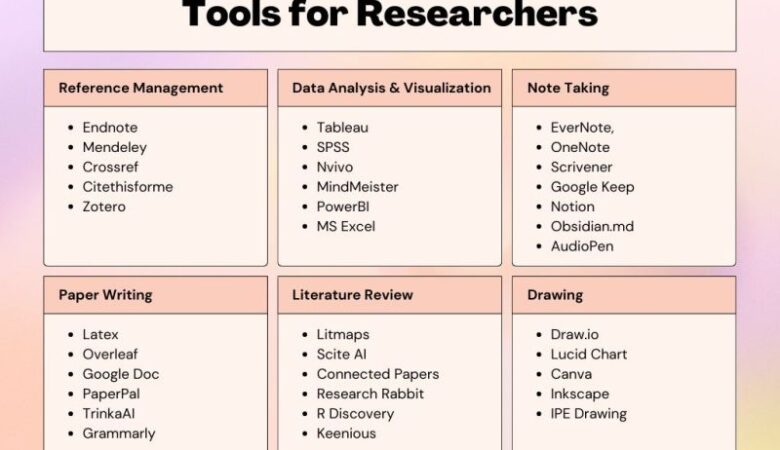Studying in Italy as an international student offers a unique blend of high-quality education, affordable tuition fees, and a rich cultural experience. With its historic universities, diverse landscapes, and renowned cuisine, Italy attracts over 62,000 international students annually. This comprehensive guide will delve into the benefits of studying in Italy, the cost of living, top affordable universities, application procedures, scholarship opportunities, and tips for making the most of your academic journey.
Why Choose Italy for Higher Education?
1. Prestigious Academic Institutions
Italy is home to some of the world’s oldest and most esteemed universities. The University of Bologna, established in 1088, is recognized as the oldest university in continuous operation. Other notable institutions include Sapienza University of Rome, the University of Padua, and the University of Milan. These universities offer a wide range of programs across various disciplines, often at a fraction of the cost compared to other Western countries.
2. Affordable Tuition Fees
Public universities in Italy offer relatively low tuition fees, especially when compared to institutions in the United States or the United Kingdom. Tuition fees for international students at public universities typically range from €900 to €4,000 per year, depending on the program and institution Leverage Edu. Private universities may have higher fees, ranging from €6,000 to €20,000 annually.
3. Rich Cultural Experience
Studying in Italy provides an immersive cultural experience. From the historic landmarks of Rome and Florence to the art and fashion scenes in Milan, students have the opportunity to explore Italy’s rich heritage. The country’s central location in Europe also makes it convenient for students to travel to neighboring countries during breaks.
Cost of Living in Italy
The cost of living in Italy varies depending on the city and lifestyle. On average, international students can expect to spend between €700 and €1,500 per month . Here’s a breakdown of typical monthly expenses
Accommodation
- University Dormitories: €200 – €500
- Shared Apartments: €300 – €600
- Private Rentals: €400 – €900
Food and Groceries
- Groceries: €150 – €300
- Dining Out: €10 – €30 per meal
Transportation
- Public Transport Pass: €20 – €35
- Biking or Walking: Cost-effective options, especially in smaller cities
Health Insurance
Italian National Health Service (SSN): Approximately €150 per year
Miscellaneous
Entertainment, Mobile, Internet: €50 – €100
Top Affordable Universities in Italy
Italy boasts several universities that offer quality education at affordable rates for international students. Here are some notable institutions:
1. University of Bergamo
- Tuition Fees: €0 – €2,563 per year
- Highlights: Known for its high standards in teaching and research Study Abroad Aide.
2. University of Florence
- Tuition Fees: Approximately €1,500 per year
- Highlights: Offers over 130 degrees across 12 faculties, including agriculture and law Yocket Study Abroad.
3. University of Siena
- Tuition Fees: Around €1,700 per year
- Highlights: One of the oldest universities, offering courses in experimental sciences, law, and political sciences Yocket Study Abroad.
4. University of Padua
- Tuition Fees: Approximately €3,000 per year
- Highlights: Renowned for its research output and historic campus Leverage Edu.
5. Sapienza University of Rome
- Tuition Fees: Around €1,000 per year
- Highlights: One of Europe’s largest universities, known for diverse programs and low tuition fees
Application Process for International Students
1. Choose Your Program and University
Research universities and programs that align with your academic interests and career goals. Consider factors such as language of instruction, tuition fees, and location.
2. Prepare Required Documents
Commonly required documents include:
Application Form: Completed and signed
Academic Transcripts: Certified copies of your previous education
Language Proficiency: Proof of proficiency in Italian or English, depending on the program
Passport: Valid for the duration of your studies
Statement of Purpose: Explaining your motivation for choosing the program
Letters of Recommendation: Typically from academic or professional references
3. Submit Application
Applications are usually submitted online through the university’s official website. Be mindful of application deadlines, which can vary between institutions.
4. Apply for a Student Visa
Once admitted, non-EU students must apply for a student visa at the Italian embassy or consulate in their home country. Required documents typically include:
Acceptance Letter: From the Italian university
Proof of Financial Means: To support yourself during your studies
Health Insurance: Valid in Italy
Accommodation Proof: Details of where you will be staying
Please Subscribe to Our Telegram Channel And WhatsApp Channel To Get The Latest Scholarship Updates.
Please Check Out Our LinkedIn Company Page And LinkedIn Group And Get All the Latest Scholarships Updates.







Hello
my name is Mrs Mohadeseh Taghinezhad,
got my doctorial mathematics and studied in the field of superhypergraph (fuzzy) and applications.
I decide to immigrate to America or Canada to gain more knowledge and better life.
Is there away to get fund ?
Can you tell me what to do for accept ?
With regard
M.taqinejad
Hi
My name is Mustafa Stanikzai
And I want to know that is there any free Bachelor’s degree scholarships
I wann aply for enginerring in Ms in italy
“I am very happy to have the opportunity to study at this university.”
I am very happy to study my PHD at that university